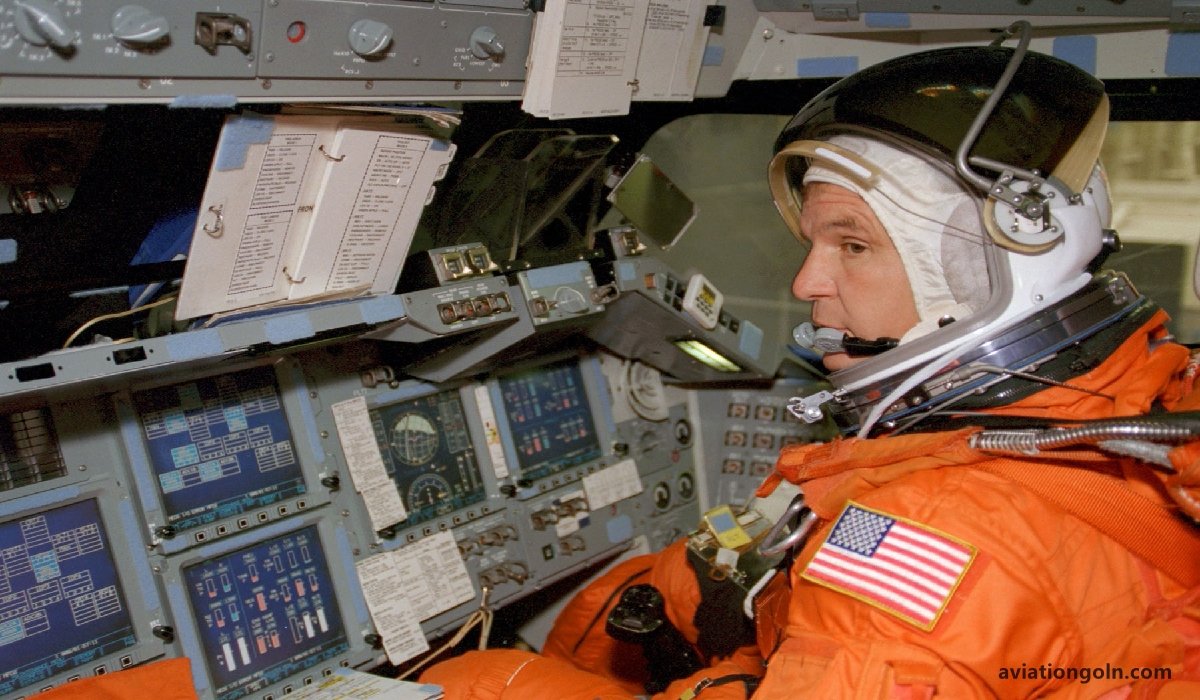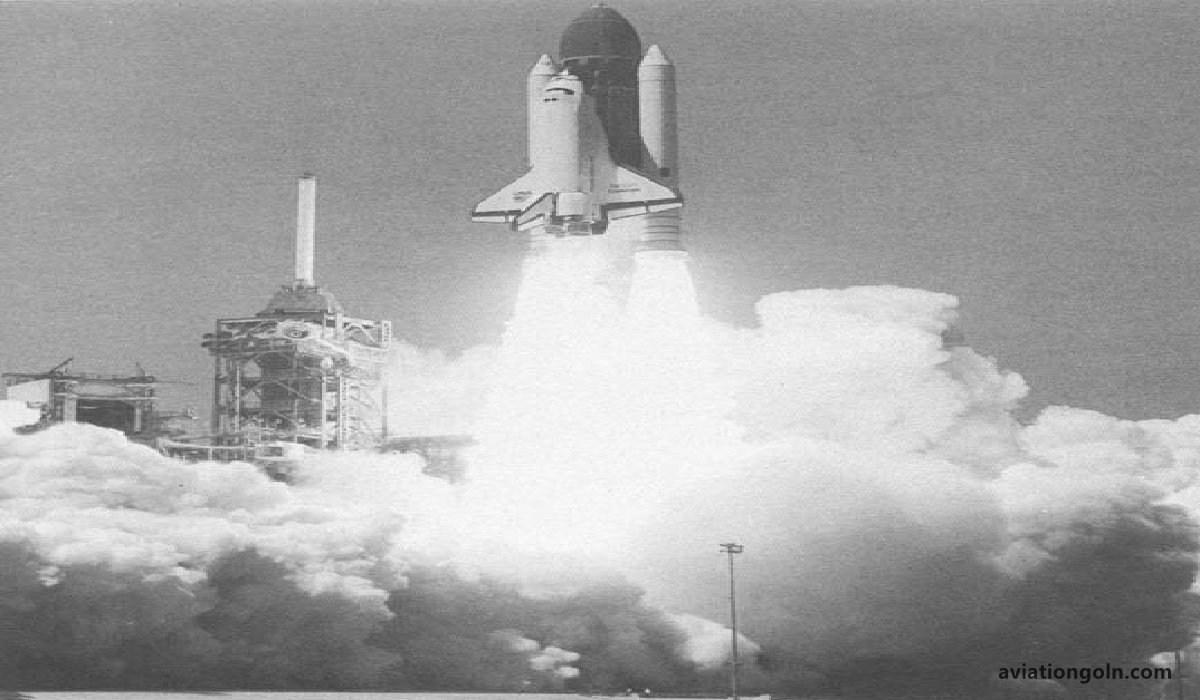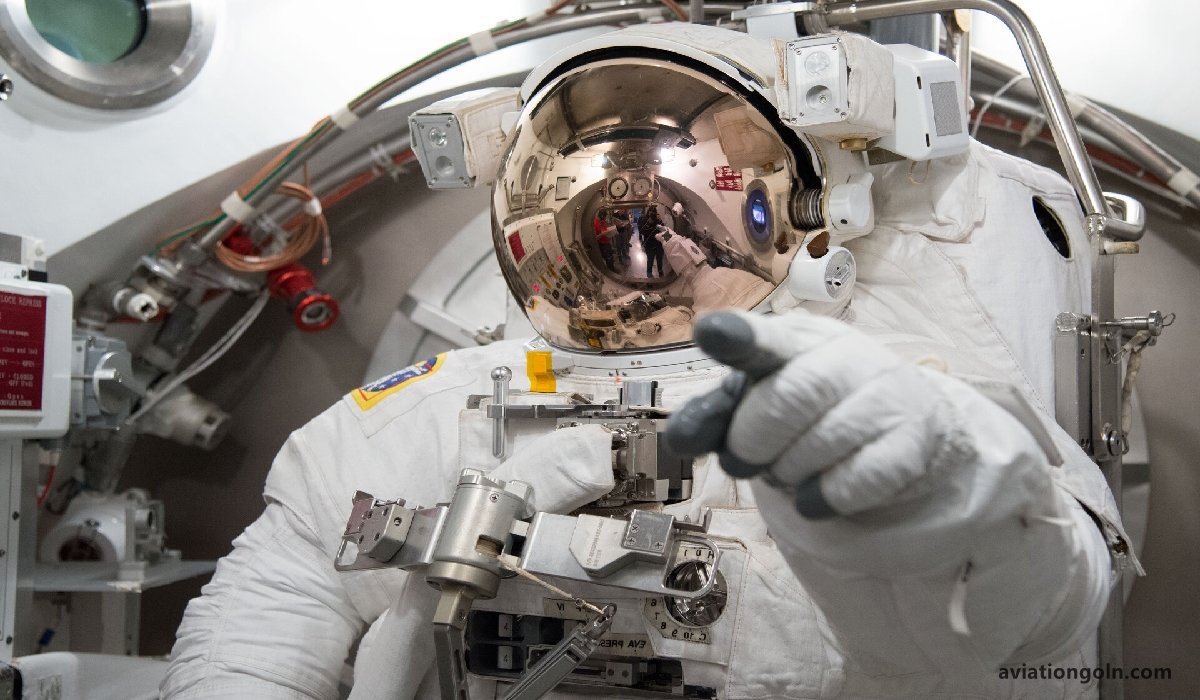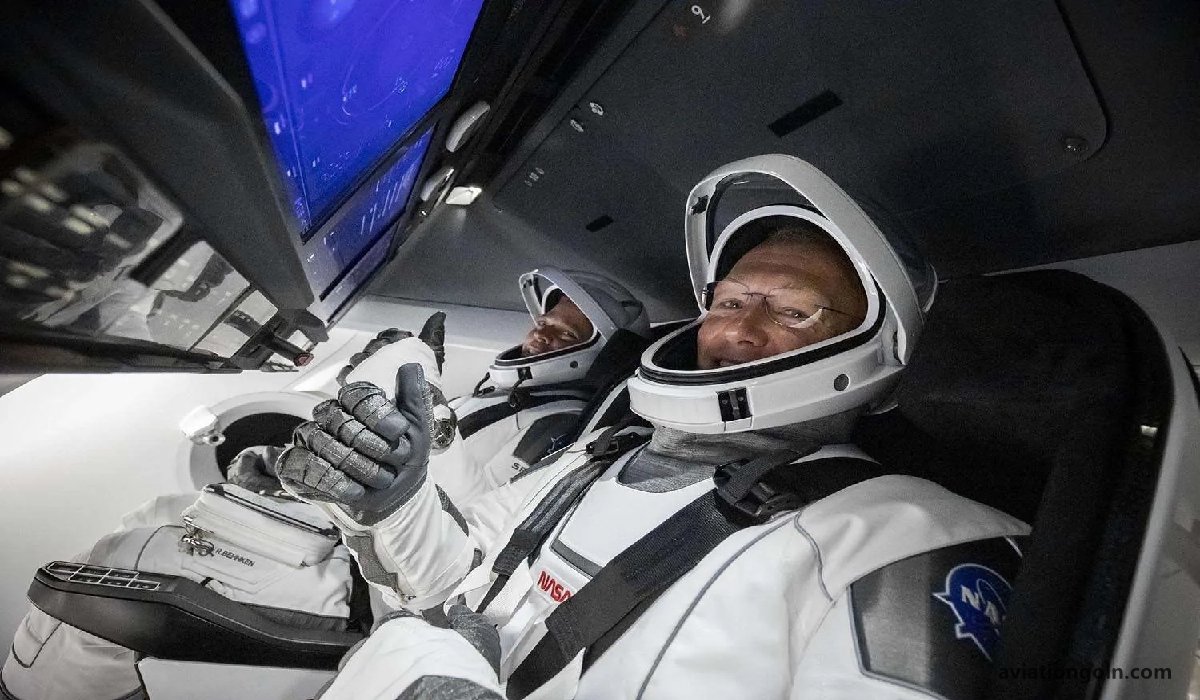Careers in Space Aviation: often referred to as aerospace or space exploration, has experienced a significant renaissance in the 21st century. As space becomes increasingly accessible due to technological advances, private investments, and international collaborations, career opportunities in this sector are blossoming. From traditional roles such as astronauts and engineers to emerging professions in the commercial space sector, space aviation careers are more diverse and abundant than ever before.

Careers in Space Aviation
II. Historical Context
Historically, space careers were primarily government-driven, with astronauts, engineers, and scientists working for national space agencies like NASA (U.S.), ESA (Europe), Roscosmos (Russia), and others. These roles were elite and limited, often requiring top-tier qualifications. However, with the rise of private space companies and new technologies, a wider array of career opportunities has opened up.

III. Traditional Careers in Space Aviation
- Astronauts: The most iconic career in space aviation, astronauts undergo rigorous training to undertake missions in space. While traditionally, this role was limited to a select few military pilots and scientists, today, private space companies are expanding the profile of potential astronauts.
- Spacecraft Engineers: These engineers design and test spacecraft. Their work is crucial in ensuring the safety and efficiency of missions.
- Mission Controllers: Situated on the ground, mission controllers oversee space missions, ensuring everything goes as planned and addressing any unforeseen challenges.
- Astrophysicists: They study celestial bodies and phenomena outside Earth’s atmosphere, providing the foundational knowledge for space missions.
- Aerospace Medical Practitioners: Specialized doctors who ensure the health and wellbeing of astronauts, both pre-flight and post-flight.

IV. Emerging Careers in Space Aviation
- Space Tourist Trainer: As space tourism becomes a reality, trainers prepare civilians for their journey, acclimatizing them to the conditions of space travel.
- Spacecraft Software Engineers: In an increasingly digital age, software engineers design and maintain the programs that run spacecraft.
- Space Law Specialist: With commercial spaceflights becoming commonplace, lawyers specializing in space laws are in demand to navigate treaties, intellectual property rights, and more.

- Planetary Geologist: These scientists study planets, including their composition and internal processes, aiding in missions that seek to explore or colonize other planets.
- Space Entrepreneur: From Elon Musk to Richard Branson, space entrepreneurs invest in and develop new technologies, making space more accessible.

V. Commercial Space Careers
With companies like SpaceX, Blue Origin, and Virgin Galactic leading the charge, commercial space aviation has become a significant employer.
- Spacecraft Designers: Beyond engineering, these professionals consider aesthetics and the user experience, especially for commercial flights.
- Space Marketing Specialists: As space tourism grows, so does the need for marketing experts who can promote these unique experiences.
- Spaceport Operations: Much like airports, spaceports require a plethora of staff, from security personnel to operations management.
- In-Flight Space Host/Hostess: Catering to space tourists’ needs during their journey will become a novel profession.

VI. Educational Paths to Space Careers
The path to a career in space aviation typically begins with a strong educational background in STEM (Science, Technology, Engineering, Mathematics) fields. Degrees in aerospace engineering, astrophysics, or related areas are beneficial. However, as the industry diversifies, graduates from business, law, and even hospitality backgrounds can find space-related careers.
Many institutions now offer specialized courses in space studies. For instance, the International Space University in Strasbourg, France, offers programs dedicated to space studies.

VII. The Future of Space Aviation Careers
The prospects in space aviation are vast and continuously evolving. With projects like the Artemis program aiming to return humans to the Moon, and Mars exploration on the horizon, demand for expertise in space aviation will only grow.
Moreover, as discussions about space colonization become more advanced, careers in space architecture, space agriculture, and even off-world governance may emerge.
Space mining is another potential future sector. Extracting minerals from asteroids or other celestial bodies will require both technological and operational expertise, opening avenues for space miners and related professions.

VIII. Conclusion
Space aviation, once a niche sector reserved for elite scientists and military personnel, has transformed into a burgeoning industry with myriad career opportunities. As technological advancements continue and our gaze shifts further towards the stars, the sky is not the limit – space is. Whether one dreams of becoming an astronaut, exploring distant planets, designing next-generation spacecraft, or even governing a Martian colony, space aviation holds a universe of possibilities.
For young professionals and students today, space aviation offers a chance to be at the forefront of humanity’s next great frontier. By combining passion with the right educational and professional choices, the dream of a career among the stars is more attainable than ever before.
